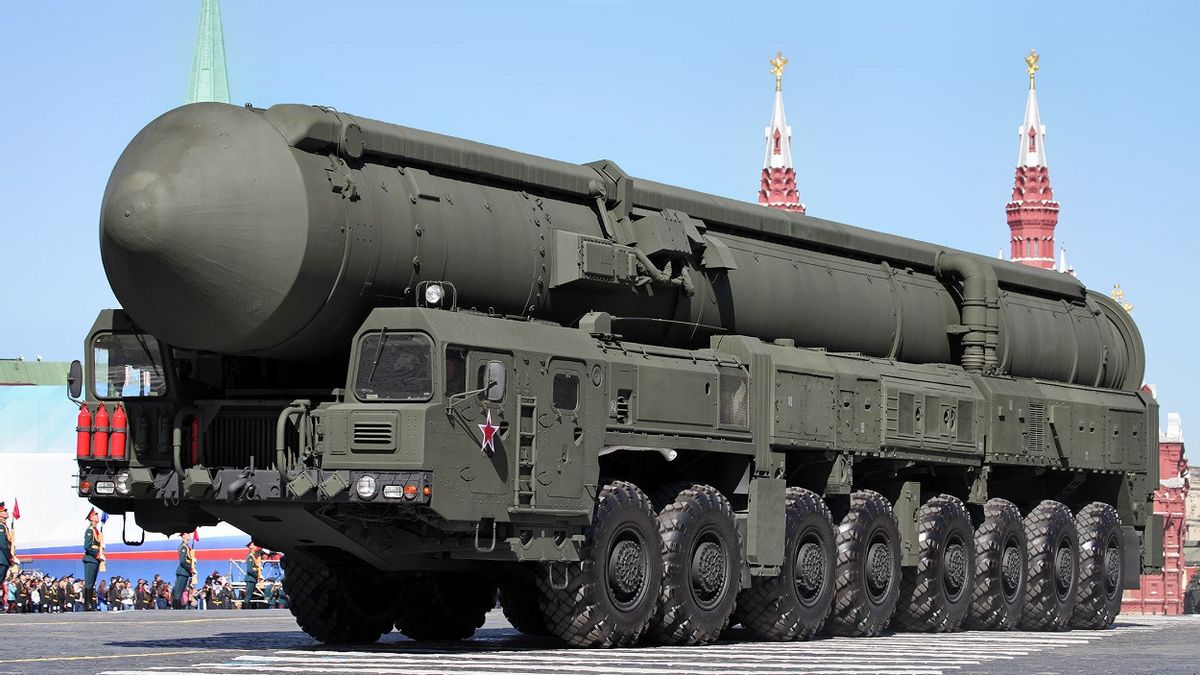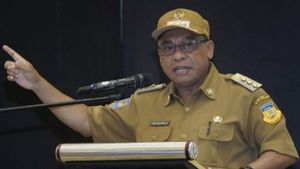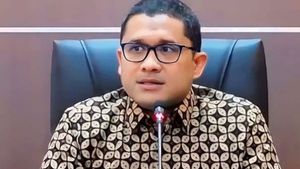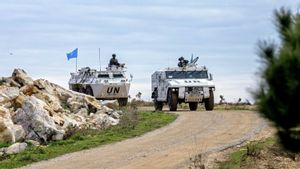JAKARTA - For the first time since the end of the Cold War, the world's nuclear arsenal has grown, followed by an increased risk of using such weapons in decades, a leading arms and conflict think tank said Monday.
Russia's invasion of Ukraine and Western support for Kyiv have raised tensions among the world's nine nuclear-armed nations, the Stockholm International Peace Research Institute (SIPRI) think-tank said in a new series of research.
While the number of nuclear weapons fell slightly between January 2021 and January 2022, SIPRI said unless immediate action was taken by nuclear powers, the global stockpile of warheads could soon begin to increase for the first time in decades.
"All nuclear-armed nations are upgrading or upgrading their arsenals, with most sharpening nuclear rhetoric and the role of nuclear weapons in their military strategy," Wilfred Wan, director of the SIPRI Weapons of Mass Destruction Programme, said in the 2022 yearbook.
"This is a very worrying trend," he said.
Three days after Moscow's invasion of Ukraine, which the Kremlin called a "special military operation", President Vladimir Putin put Russia's nuclear deterrent on high alert.
He has also warned of consequences that would be "like you have never seen in your history", for countries that stand in the way of Russia's special military operations.
Russia has the largest nuclear arsenal in the world with a total of 5,977 warheads, about 550 more than the United States. Both countries have more than 90 percent of the world's warheads, although SIPRI says China is in the midst of expansion with an estimate of more than 300 new missile silos.
SIPRI further said, the global number of nuclear warheads fell to 12,705 in January 2022 from 13,080 in January 2021. An estimated 3,732 warheads are deployed with missiles and aircraft, and about 2,000, almost all belonging to Russia or the United States, are kept in a high readiness state. country.
"Relations between the world's great powers are deteriorating further at a time when humanity and the planet face a series of shared deep and urgent challenges that can only be overcome by international cooperation," said SIPRI board chairman and former Swedish Prime Minister Stefan Lofven.
The English, Chinese, Japanese, Arabic, and French versions are automatically generated by the AI. So there may still be inaccuracies in translating, please always see Indonesian as our main language. (system supported by DigitalSiber.id)













